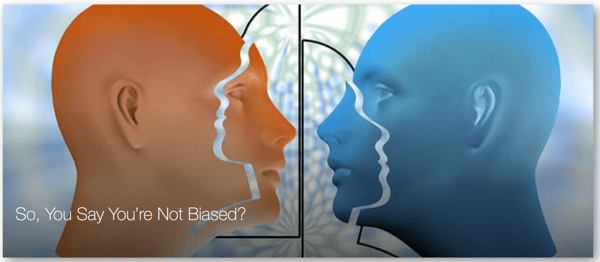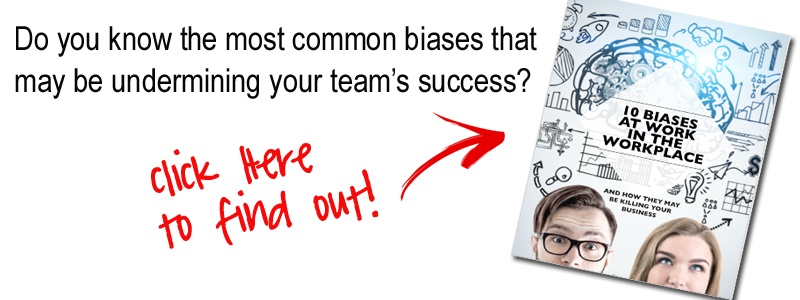If you’ve followed me at all, you know by now that the 3-pound squishy mass between your ears is a busy place, and we’re not even aware of all the work it does to get us through the day! For example, right now
about 100 billion brain cells are working in concert to process everything that is happening in your “now” – these words you’re reading, that noise in the background, the text or email ping, your stomach signaling to you that you need to eat. Everything going on around you is competing for cognitive resources.
The evolution of human survival has depended largely upon the ability to accurately process information from the environment. Which berries would poison us? Where do the saber-toothed tigers hang out? Is that caveman a friend or foe? But that early brain lived in a much simpler world. As hunters and gatherers, we likely didn’t encounter more than a few hundred people in an entire lifetime. Many of us see that many people in the course of a day.
The processing capacity of the conscious mind has been estimated at about 40-60 bits of information per second. However, researchers maintain that 120 bits per second is the speed limit for information traffic. During a typical conversation with one person, we process 60 bits of information. With the processing limit set at 120 bits per second, a conversation with more than two people puts your brain in overdrive. Throw in all of the other incoming stimuli from the environment, it’s no wonder we jump to unfounded conclusions, make irrational decisions, and rush to inaccurate judgements!
Neuroscientists estimate that less than 10% of our cognitive processes happen in our conscious awareness. That means about 90% of the judgements, decisions, and perceptions of what’s going on around us happen in our subconscious.
The brain is complex but not impossible to understand. Learning how the brain works and how to make it work better means that we have to recognize not just its abilities, but also its vulnerabilities. Ironically, one of those vulnerabilities is the brain’s struggle for efficiency – we know this to be cognitive bias, and none of us are immune from it.
A cognitive bias is a systematic deviation from rational judgment that often leads to lead to perceptual distortion, inaccurate judgment, illogical interpretation, or what is broadly referred to as irrationality. In simpler terms, it is how our brain has evolved to operate more efficiently and compensate for limited resources or processing ability.
These are unconscious drivers that influence our judgment and decision-making and it happens to all of us. Sometimes, they help us make faster decisions when time is more important than accuracy. Other times, these shortcuts are "by-products" of human processing limitations resulting from what psychologists refer to as bounded rationality, or the inclination to seek a satisfactory solution rather than an optimal one.
Biases arise from a variety of mental processes including:
- information-processing overload
- mental “noise” (memory deficiencies)
- emotional and moral motivations
- social influence
Regardless of the source, they blind us from reality and often prevent us from making sound, reasoned judgments. And it all happens without our conscious awareness. Because our brains are wired to process information as quickly and efficiently as possible, we are not very good at recognizing our own biases. The tendency to see ourselves as less biased than others is known as our cognitive blind spot and, just like we all have biases, we all have a cognitive blind spot.
The first key is understanding them, but the real growth comes when we learn how to identify them in our interactions with others.
If you enjoyed this, you might also enjoy reading
to find out just how biased you are!









